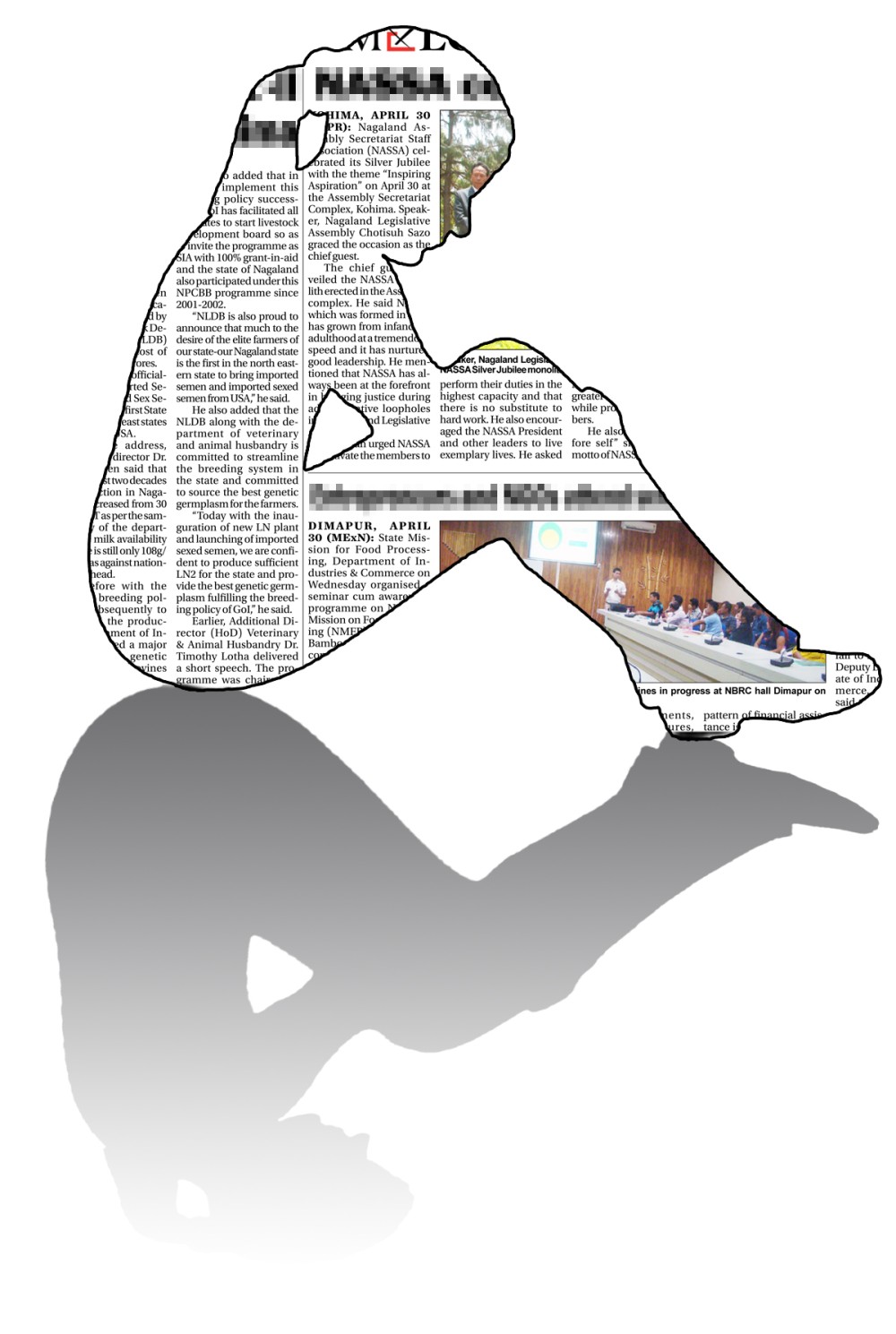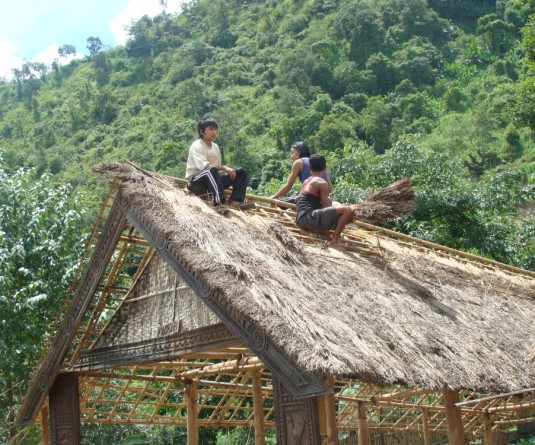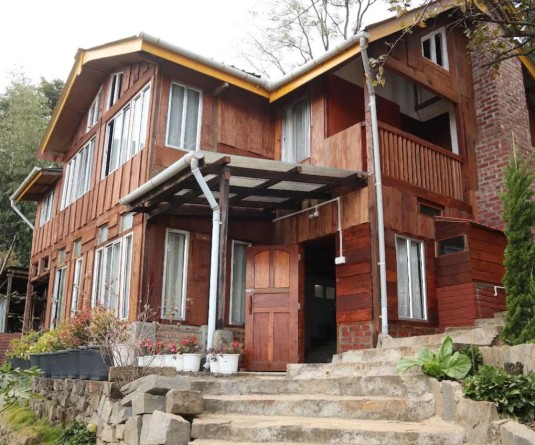Graphic by Samuel Seb Rengma

Reporting sexual violence in Nagaland’s media
Morung Express News
Dimapur | April 30
Morung Express News
Dimapur | April 30
In July 2013, Dimapur witnessed the murder and possible rape of a woman who was visiting her family. While the social media quickly spread pictures of the scene of crime, the English news media in Nagaland, including this newspaper, fared no better (a survey of vernacular papers was not done). It released the name and other details of the victim; the case even came to be identified in the news media by her name. In April 2014, when another woman was found in similar circumstances, the offensive media action was repeated and no detail of the victim was spared in publication. This, despite the fact that the law protects victims by giving them anonymity so that their reporting of the crime does not victimize them further.
Media insensitivity in the coverage of crimes against women in Nagaland is widespread—the news media here follow minimal media ethics and legal frameworks on reporting cases of such nature, thereby traumatizing the victim (if alive), or her family and witnesses, contributing perhaps to less number of crimes of sexual violence being reported to the police in general.
“There seems to be a lack of awareness of both the ethical and legal implications of such reportage,” notes a senior media practitioner in Nagaland on the condition of anonymity. Media here, the practitioner feels, reflects the typical undercurrents of the society’s mindset. “For instance, most of the press releases condemning the atrocities against women, be it rape or murder, end up revealing the names of the victim. The same is true even for reportage on juvenile delinquencies. Despite some efforts, newspapers end up reflecting the same level of consciousness.”
Editor-and-publisher of Nagaland Page, T Monalisa Changkija, holds that both the police and the media in Nagaland are not “sensitized” to gender issues- one gives details “merrily,” the other publishes them. While, she feels, journalism in Nagaland till date is a stronghold of men, women are no more sensitive to “reporting rape” than men.
There is a “vacuum” in the way sexual violence is reported here, maintains Editor of Eastern Mirror, Bano Haralu, who also believes that journalists in newspapers are sensitized to the issue by their editors but an expert on the issue needs to train them better.
Some editors here, for instance, think that it is alright to publish the name of the victim in case of death. Bangalore based journalist, Laxmi Murthy, contends that this could, perhaps, be due to the thinking that notions of “honour” or “shame” or even “privacy” do not matter anymore. “This goes against the legal position, however. In these cases, maybe ignorance could be the justification, in which case education and awareness is called for.”
Yet, as the under-anonymity media practitioner puts it, “one is not aware of any reported incidents in which a newspaper in Nagaland has been either legally or ethically reprimanded by any existing legal or recognized bodies who are supposed to not only monitor but also take action against such practices.”
Who is responsible then?
“We used to try to apply our discretion by not publishing names of victims, or avoid publishing pictures etc. but a lot more awareness on how to cover and publish cases of sexual violence has to be raised with reporters, sub editors and editors,” affirms Consulting Editor of The Morung Express, Along Longkumer. He thinks the problem is further exacerbated due to the lack of a “self regulatory mechanism” put in place by the Editors of newspapers—there is no platform till date where Editors can come together and model a code of ethics/practice for the State’s news media in general. “We should consider coming together first of all,” he says, of the Editors, and that every newspaper’s “filtration process” needs to be strengthened.
“None of the journalists here are trained in this specialized field of reporting,” says Monalisa Changkija. Then again, reflects Bano Haralu, journalists here get limited exposure and are not trained in any field of reporting per se. “First, editors need to come together and consult with someone who can update us on the latest guidelines around issues of sexual violence. Then, potential in local journalists need to be honed to make journalism in Nagaland professional, for which proprietors need to look beyond profit to promoting quality journalism in Nagaland,” offers Haralu. These drawbacks, she says, have kept newspapers from becoming a “vehicle of empowerment” in Nagaland.
“People who have access to the media would not want to report sexual offense to the police given the way such cases are reported in the media,” maintains Akole Tsühah, who has long been working with women faced with violence in Nagaland on an individual and institutional basis. The propensity, she informs, is towards “compromising” the case if it comes under media glare, especially if the perpetrator is from the same community as “shame” is seen to be brought upon all of it. While there is a need to break out of this paradox, “The focus of media reports should be on rehabilitating victims (and their families), counseling, compensation and enabling them to lead normal lives, which is often ignored,” suggests Tsühah.






